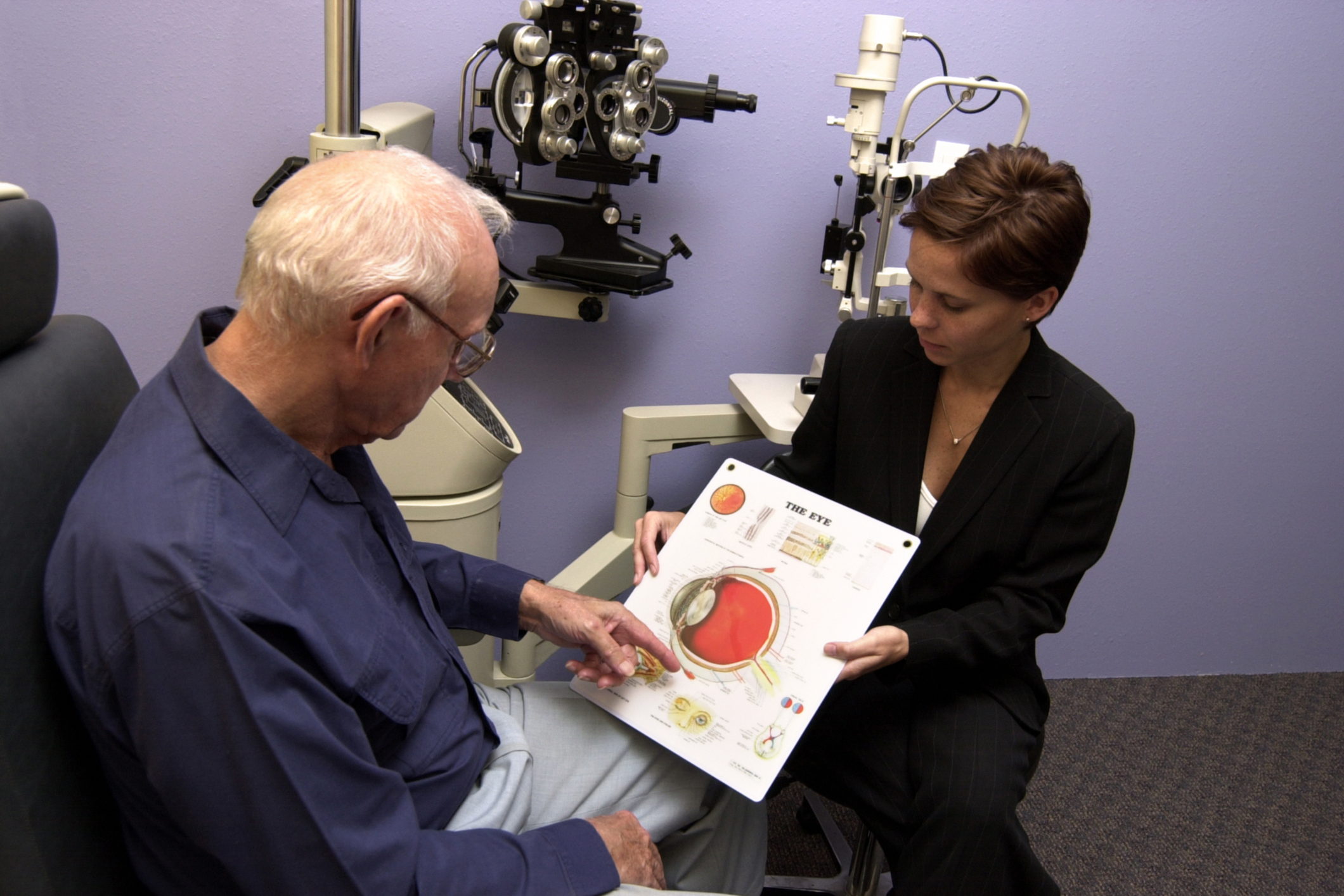Weekly health news roundup: Diverticulitis, tinnitus, Meniere’s disease, LDL cholesterol, ulcerative colitis
This week, we present our recent health articles on diverticulitis, tinnitus, Meniere’s disease, LDL cholesterol, and ulcerative colitis. We looked at the impact of alcohol on diverticulitis, treating tinnitus with hearing aids, causes of Meniere’s disease, and lowering LDL cholesterol though the Nordic diet. Diverticulitis and the impact of alcohol affects the way a person ...click here to read more














